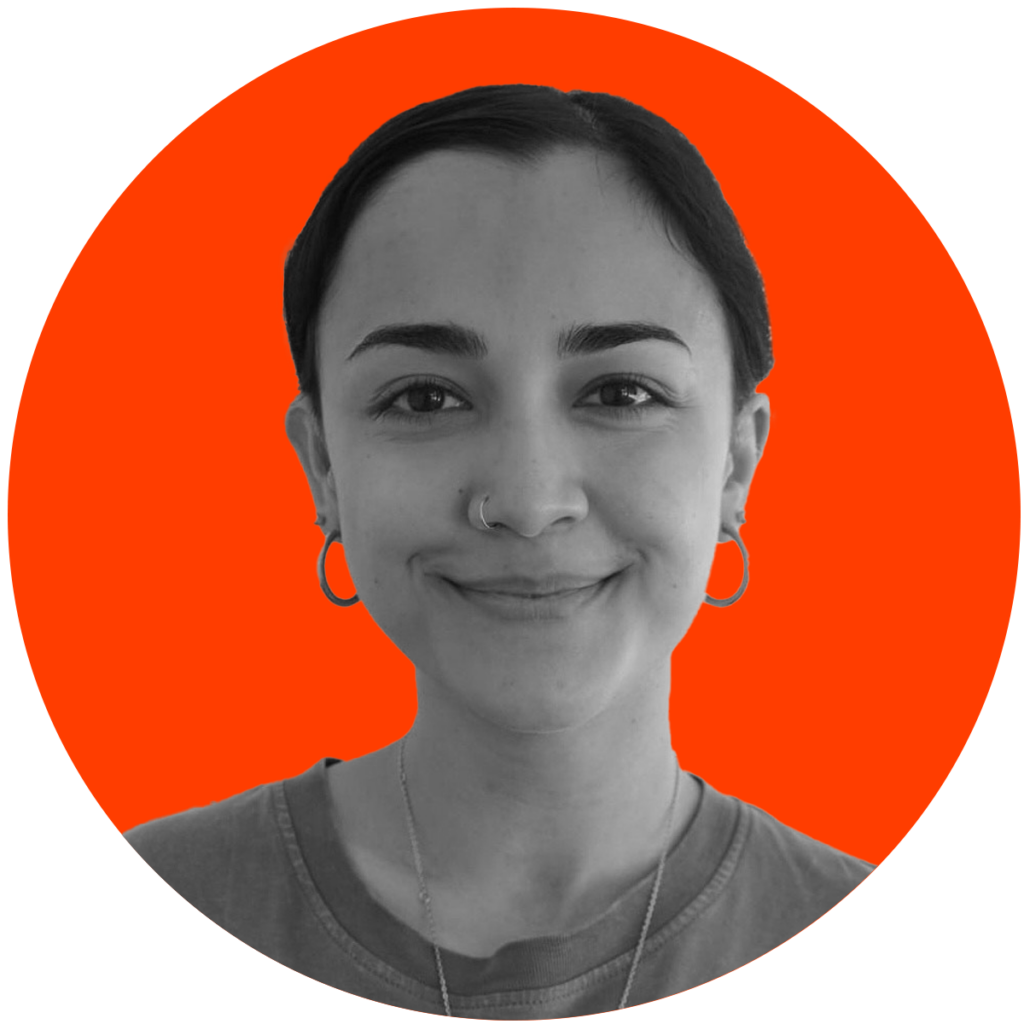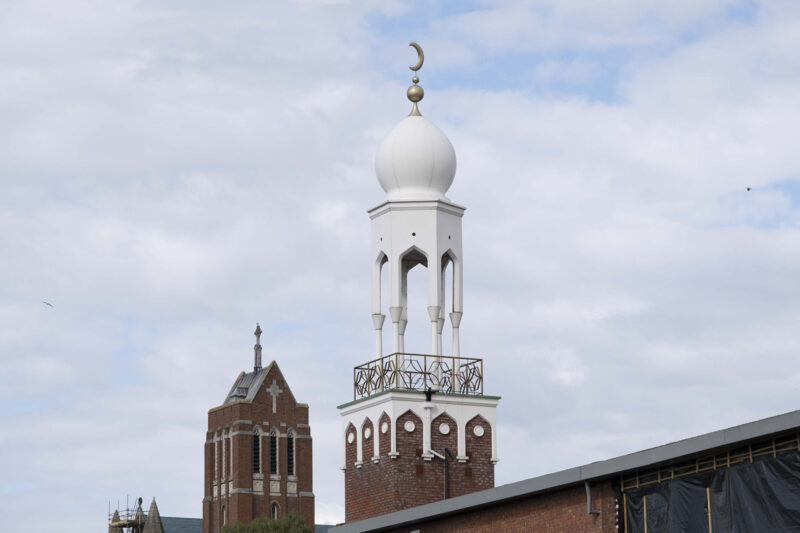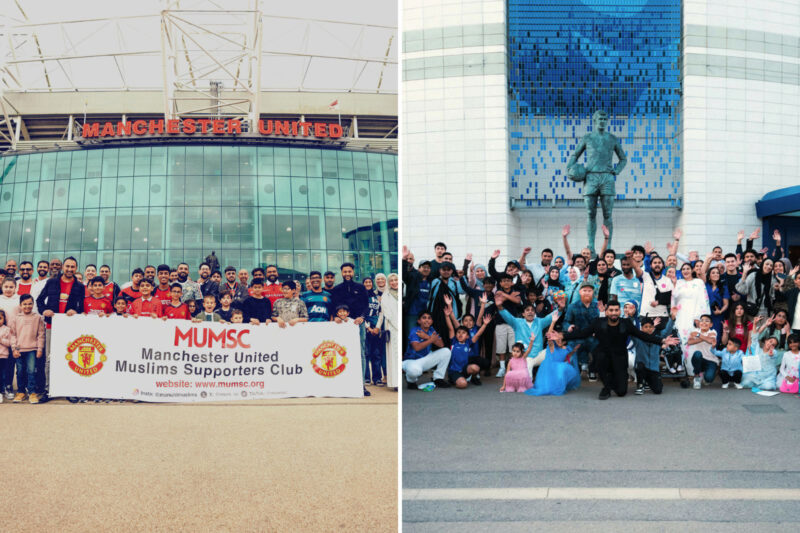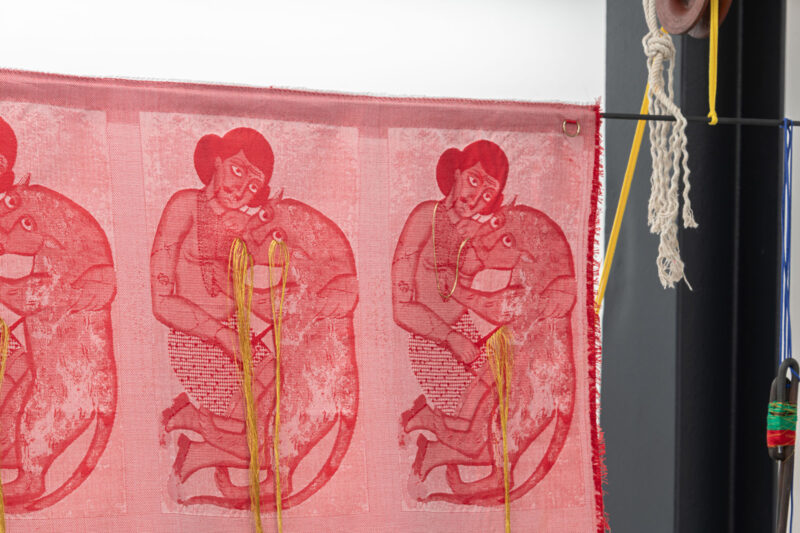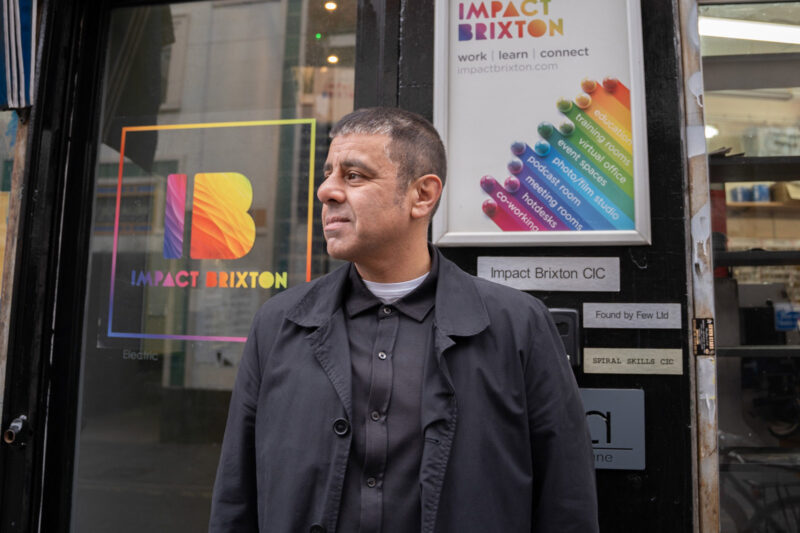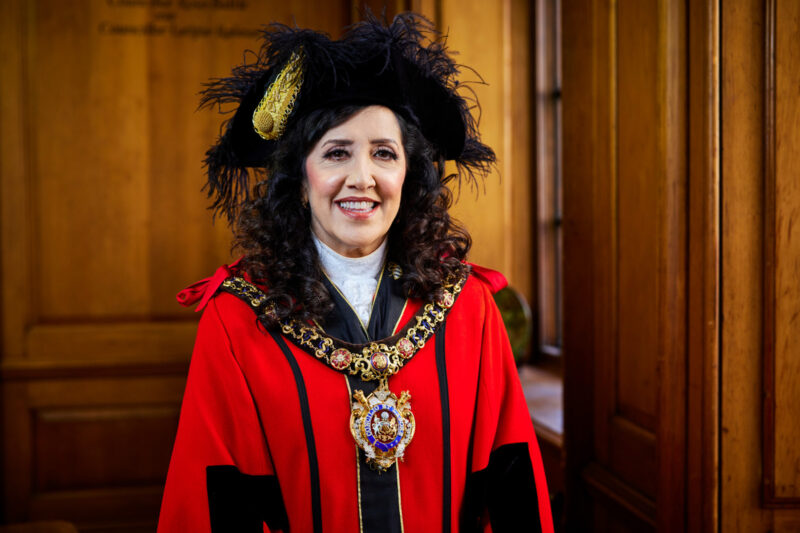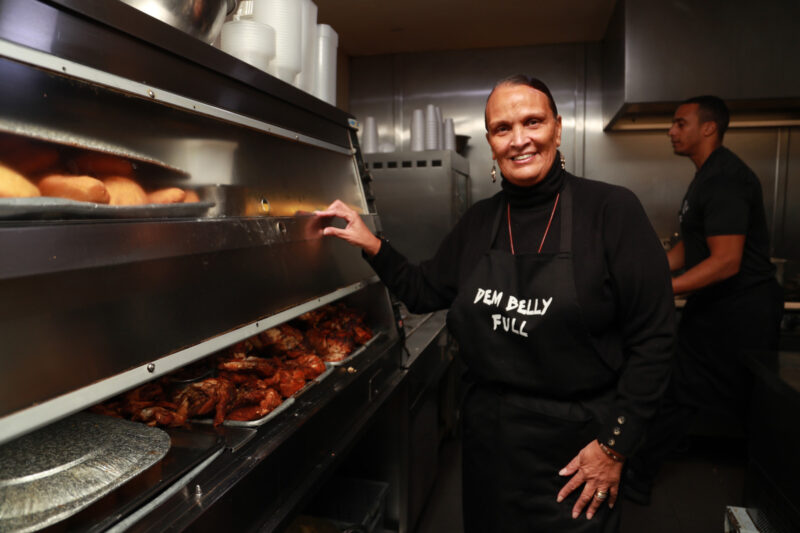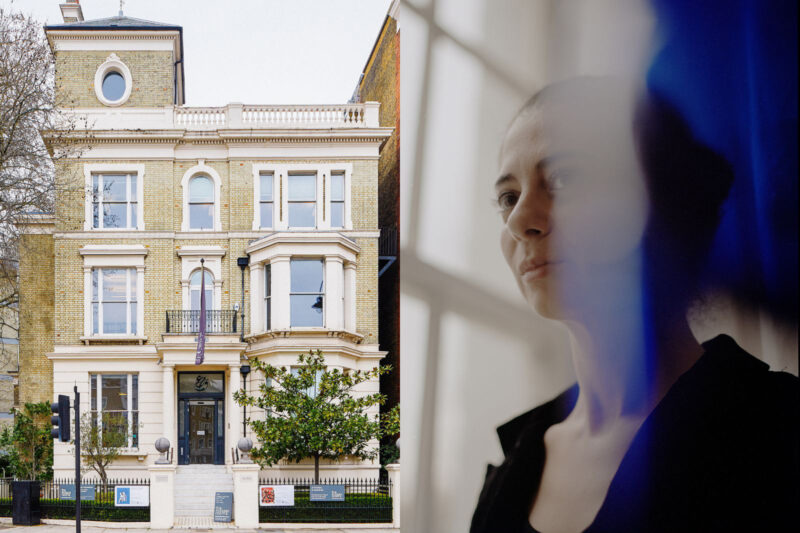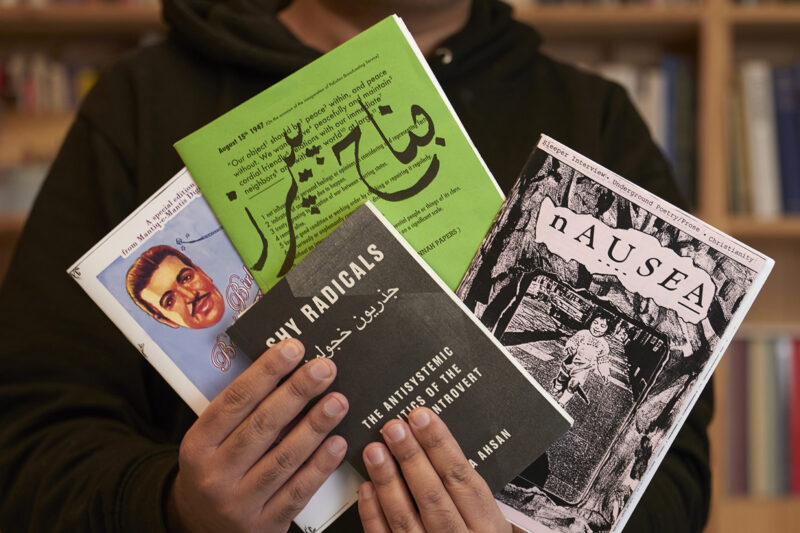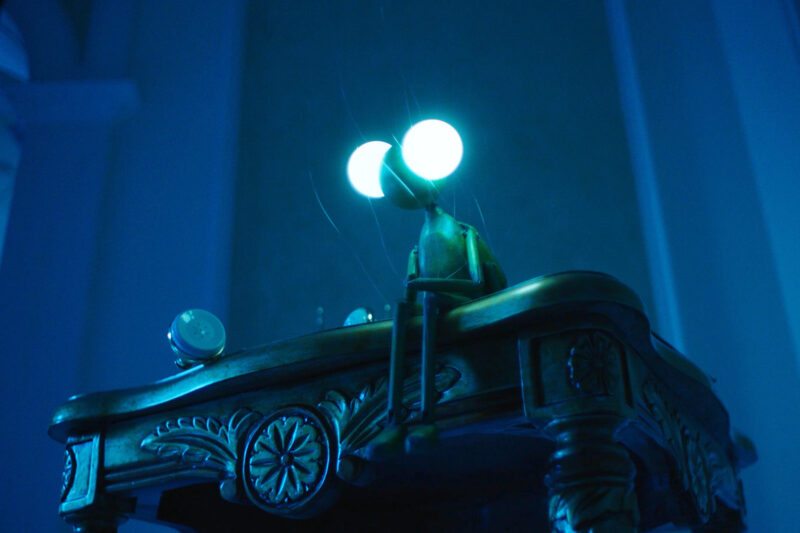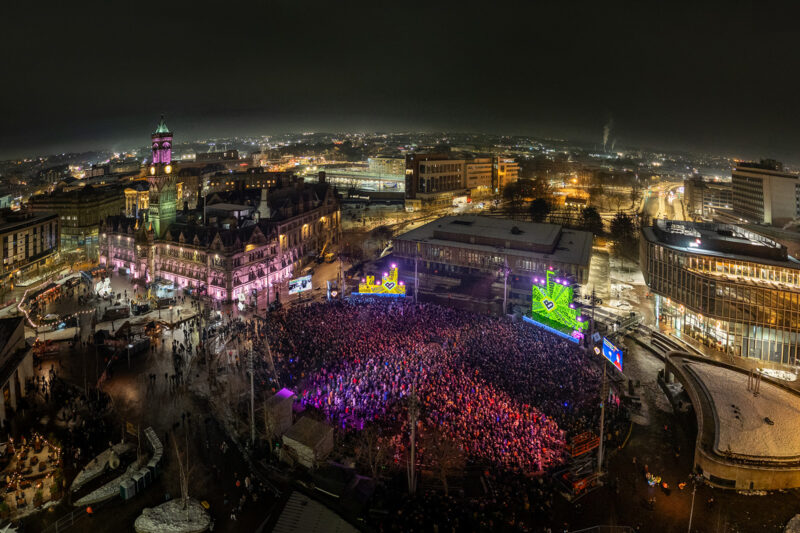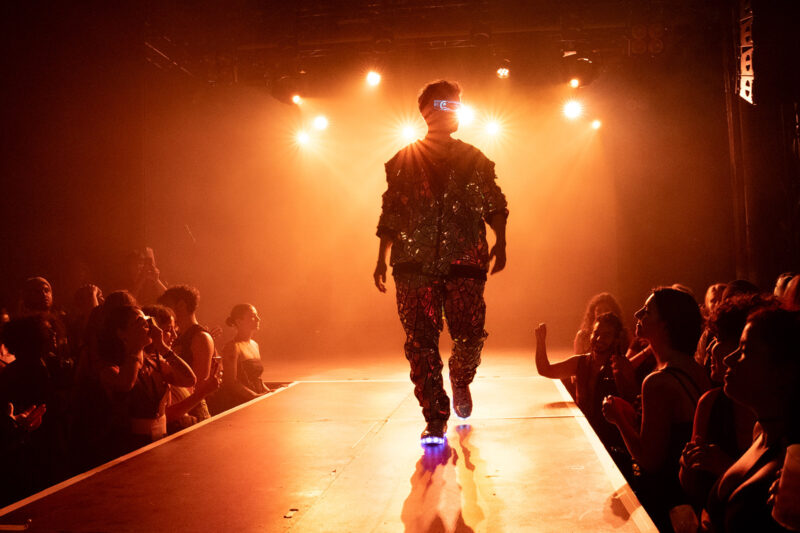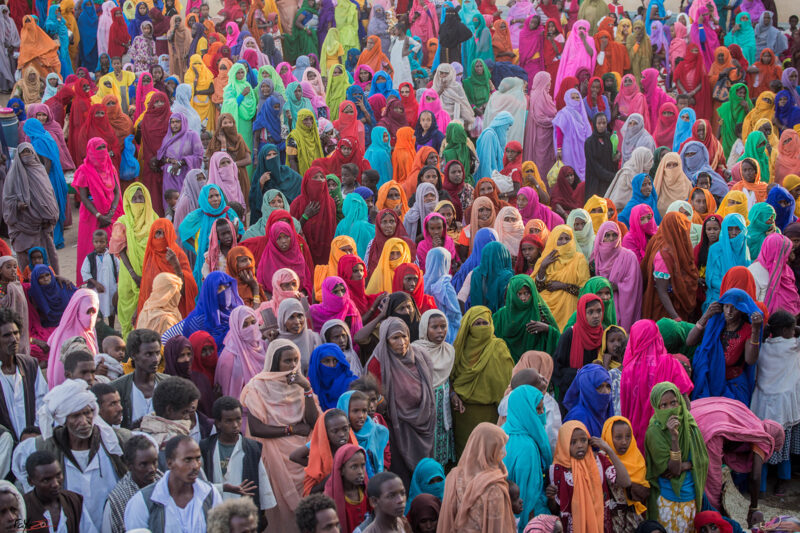Move over, Manchester: the towns reshaping the north-west’s cultural landscape
A creative movement is spreading across the region in areas like Bury and Rochdale, as grassroots arts projects platform marginalised voices
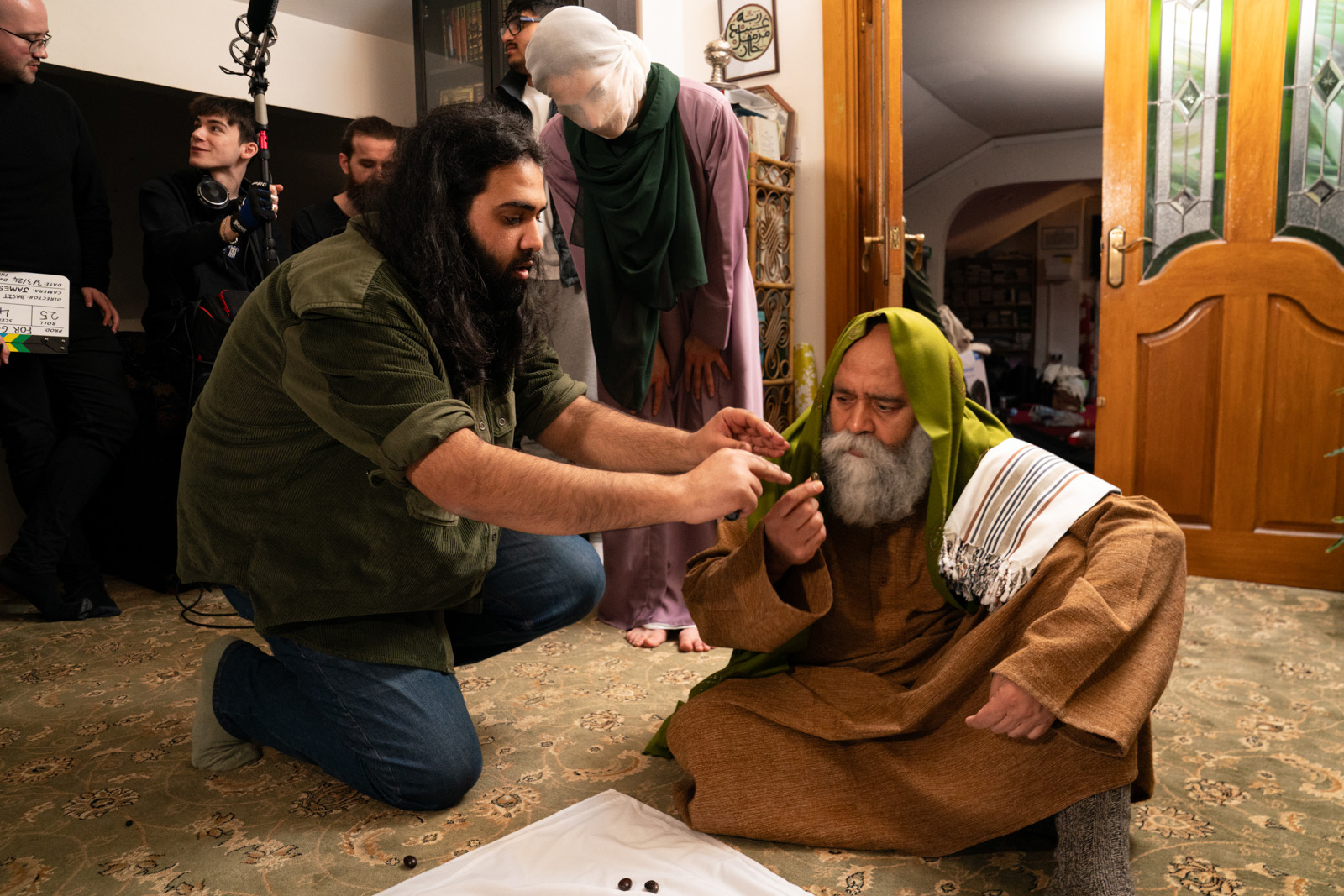
Basit Khan is checking the sound levels as he prepares to screen his debut short film at an arts centre in his hometown of Bury. Every few minutes, he pauses to greet the guests arriving at the dimly lit performance space — family, friends and neighbours from the Greater Manchester town’s South Asian community. Volunteers pass by, hauling crates of drinks and food parcels, courtesy of the director’s sister.
The group has gathered at The Met — a former magistrates court-turned-theatre at the centre of the former mill town — for a special screening of For God’s Sake. Shot at Bury’s Noor Ul Islam Mosque, Khan’s nine-minute short presents an eerie exploration of the South Asian experience in northern England through the story of a hijabi woman wrestling with her own independence and the expectations placed upon her — a perspective not often seen at mainstream galleries.
“The importance of getting people in a room together to celebrate art can’t be understated,” says Khan. “It’s the power of the community.”
Khan’s work as an emerging filmmaker places him within a larger movement of creatives that has grown across Greater Manchester — an administrative area encompassing 10 local council boroughs including Bury — in recent years to reclaim a piece of Britain’s cultural landscape.
Creative communities like his are calling for greater access to social investment in the face of widespread cuts to the arts in the UK. Arts funding from central government has reduced by 16% in real terms since 2017. Between 2018 and 2023, the number of arts events in the UK fell by 23%. Smaller towns and cities are often hardest hit — just 10 miles south of Bury, Salford Lads Club, the historic music venue and youth centre featured on a Smiths album cover, is at risk of closure.
Those losses are felt acutely by ethnic minorities who are already underrepresented in arts spaces. Across the creative industries, 90% of workers are white (compared to 85% in the overall UK workforce), while 60% are middle class (compared to 43% for all workers), according to the Creative Policy and Evidence Centre State of the Nations Report.
Within this context, people working in the creative arts in Bury and neighbouring boroughs feel their communities have been left in the shadow of Manchester, viewed as one of the UK’s most prominent cultural centres. Funding allocations also reflect that perception. In 2024, Manchester received 65% of Arts Council funding in the region, while Bury got just 0.8%.
Manchester “draws in the funding, the opportunities and the projects”, says Katie Douglas, who runs a youth programme at The Met. “But it also gets in the headspace of people that that’s where they have to go rather than looking at what’s on their doorstep.”
“A lot of people find themselves pulled away from the towns they’ve grown up in in a bid to compete in this creative marketplace that is basically centred in Manchester. As that kind of brain drain pulls people out, you start to lose all the nuances and textures,” adds George Francis Lee, co-founder of arts and culture magazine STAT, which focuses on stories from the region’s smaller towns.
“People here have gone so long without feeling inspired by the region they live in. But I think we’re at a point now where we have just got to make it happen, because no one else is going to do it.”
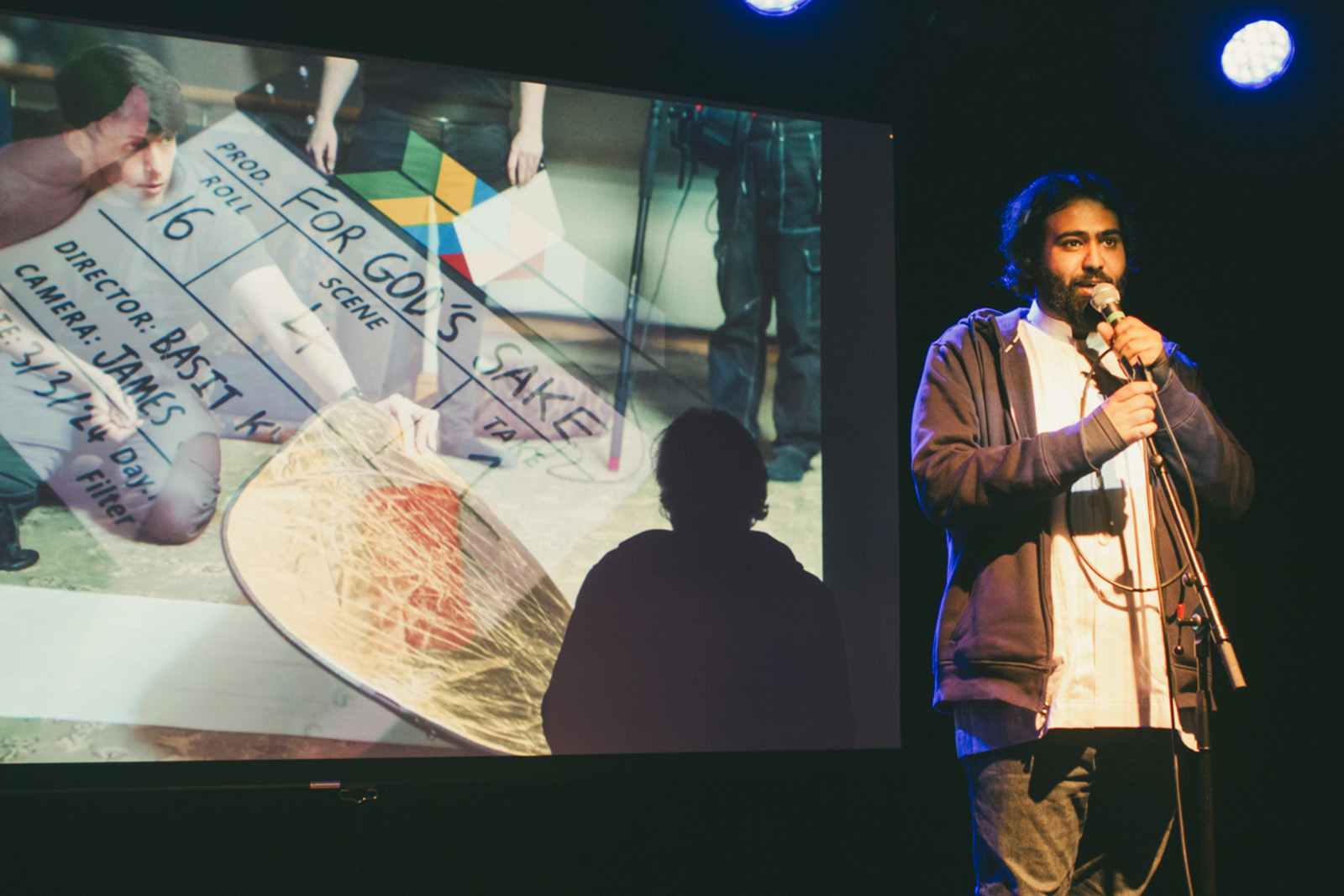
Khan and his colleague and producer Jack Clarke hope to change that mindset by spearheading work opportunities in and for the town, specifically within Bury’s significant South Asian community. They chose to film For God’s Sake in Khan’s local mosque and include members of the community in the cast. The screening brought together local musicians, artists, and supporters.
“We’ve got kids here. They might get ideas after seeing a mosque on the big screen,” says Khan. “It means a lot because it means they can do it too. I didn’t have that growing up. Inshallah this is something that reverberates for everyone.”
A lot of people here can feel disconnected, adds Clarke — from each other, from the creative arts — but “it always comes down to the human heart. By doing stuff like this, they can be reconnected.”
“These artists and initiatives show how Greater Manchester’s boroughs are not just contributing to the cultural landscape — they’re reshaping it,” he says. “Manchester is so much more than the city centre, and the creative pulse beats strongest in its boroughs. It’s not about waiting for Manchester or London’s validation — it’s about creating our own space and thriving within it.”
Raised in a working-class family in Salford, a city just to the west of central Manchester, Clarke has seen firsthand the disparities that come from segregated cultural experience. Salford has a major creative hub built on redeveloped dockland that is home to MediaCityUK, a TV and radio production centre that includes BBC and ITV studios and the Coronation Street set, and performing arts centre The Lowry. The waterside complex has brought jobs and social development to Salford, but Clarke feels those benefits have failed to reach many of the city’s poorer communities. Salford remains the third most deprived local authority in Greater Manchester.
“Everybody that comes here says, ‘Salford’s really nice, it looks great’, but this isn’t Salford,” he says. “This is very much a domed, golden-gated community. I’ll take you on a poverty safari if you want. You’ve got a council estate just around the corner. It’s such a bizarre parallel.”
Further north in Greater Manchester is the Culture Co-op in Rochdale, a network of artists, cultural organisations and local residents set up in 2022 that seeks to engage with the borough’s most underrepresented communities.
“I know very talented people in my community, but the confidence they’ve got in themselves is very low,” says actor Hamza Medley. “That catharsis of having a creative outlet is so important.”
Born into a Pakistani family in Rochdale, Medley found there was little support when he began his career. “We need more leaders in these spaces. I had no point of reference for where to go to get started in the industry. Because we’re so underrepresented in these spaces, there’s no one to actually speak to parents and reassure them that there are viable routes that can be explored,” he says.
The growing demand for fresh voices and forms of storytelling is welcomed by Bury Art Museum curator Susan Lord, who hosted Khan’s short film this autumn. “As someone who has never been in a mosque before, it was fascinating,” she says. “It’s opening up a whole new world and culture for people that they wouldn’t normally see.”
For Lord, museum spaces hold a responsibility to engage with and serve local people. “We wouldn’t be here if it wasn’t for them. Our remit is to bring great art to the people of Bury, so that they don’t have to find money to go to London to see really great art.”
That sentiment is echoed by Steph Meskell-Brocken, who alongside her role as engagement and access manager at The Met, is the programme director at Oldham-based charity Peshkar. Initially formed in 1991 as a theatre project for the borough’s South Asian community, whose alumni include actor and presenter Shobna Gulati, the organisation now acts as a conduit for young people from marginalised backgrounds to embrace the arts to enhance their lives.
The fact that these spaces are localised is essential, as access to transport can be a barrier for many people. “It’s so difficult if you don’t have a car or if the parents don’t drive. The young people might not be able to afford getting trams and buses all the time,” she says.
Meskell-Brocken admits that grassroots creative growth has been quicker to develop in some boroughs than others. “Compared to Bury, Oldham is incredibly deprived and depressed in its town centre,” she says. “There’s been some investment but it doesn’t feel like there is an awful lot of creative energy at the moment. It’s got this reputation as being diverse and dodgy in all the wrong ways.”
She believes arts and cultural participation, when done well, can play a key role in fostering cohesion. “We know what happens when we allow politics and the rhetoric of division to rule over us. But what we can do on a micro level with the small resources we have is to put people in spaces together, enable them to tell stories that are important and resonant, and enable that to be shared across the community.”
That ethos is clear to see during Khan’s screening, as families with young children and friends from different cultural backgrounds all come together to celebrate a local artist in the community.
“We could send this film to every festival in the world, but the people that it was made for are here,” Khan says.
 Newsletter
Newsletter

